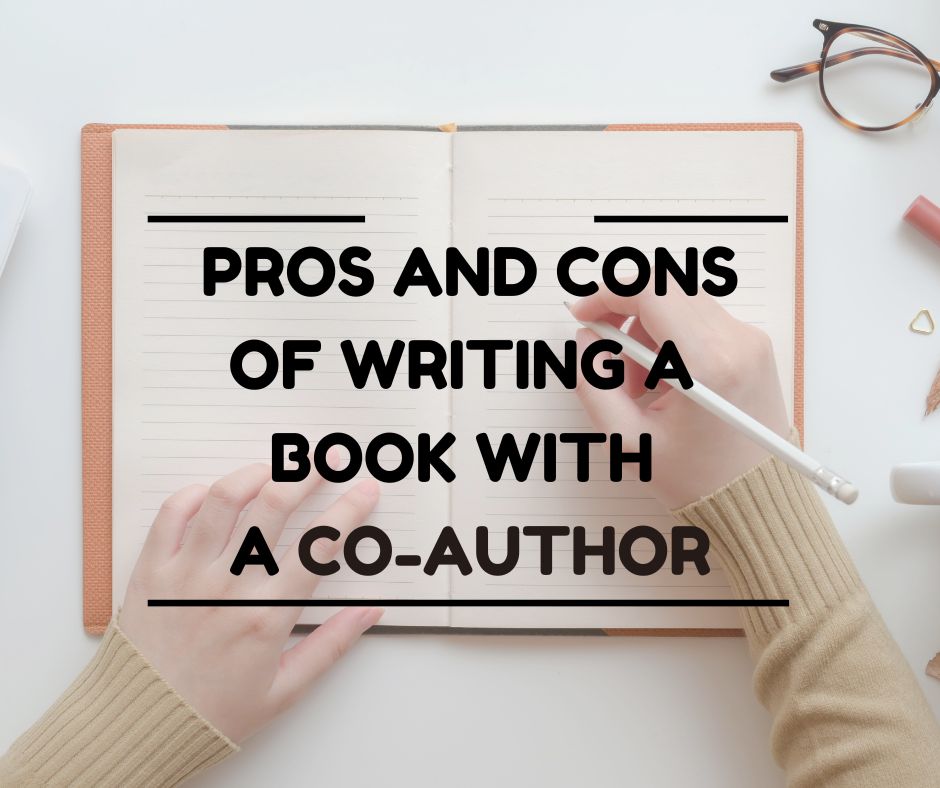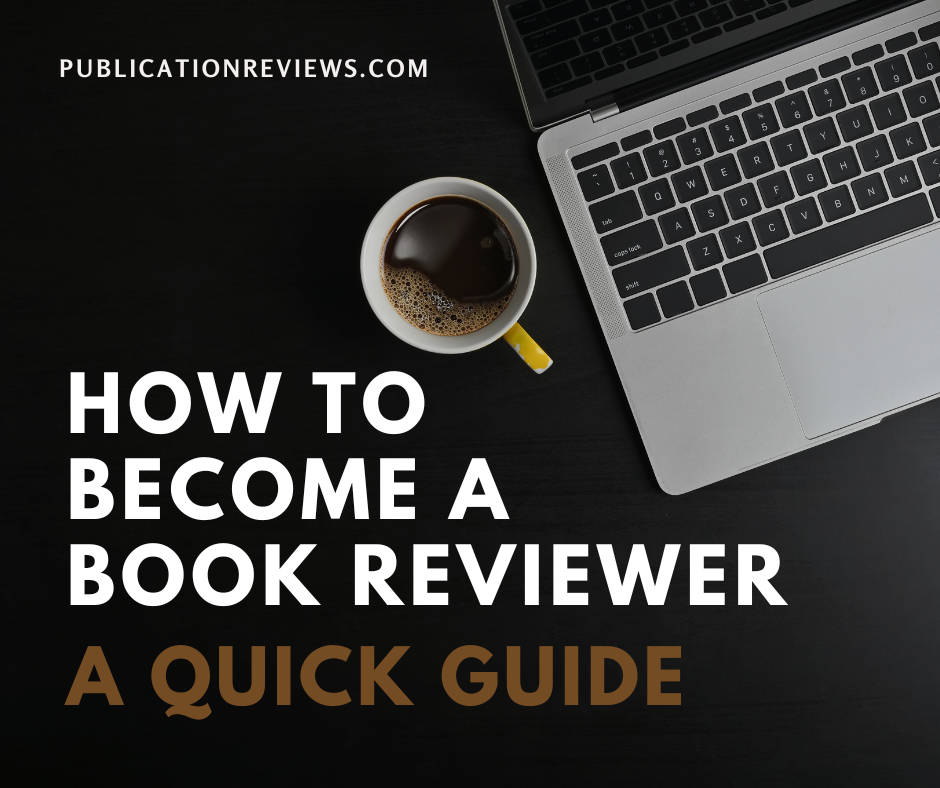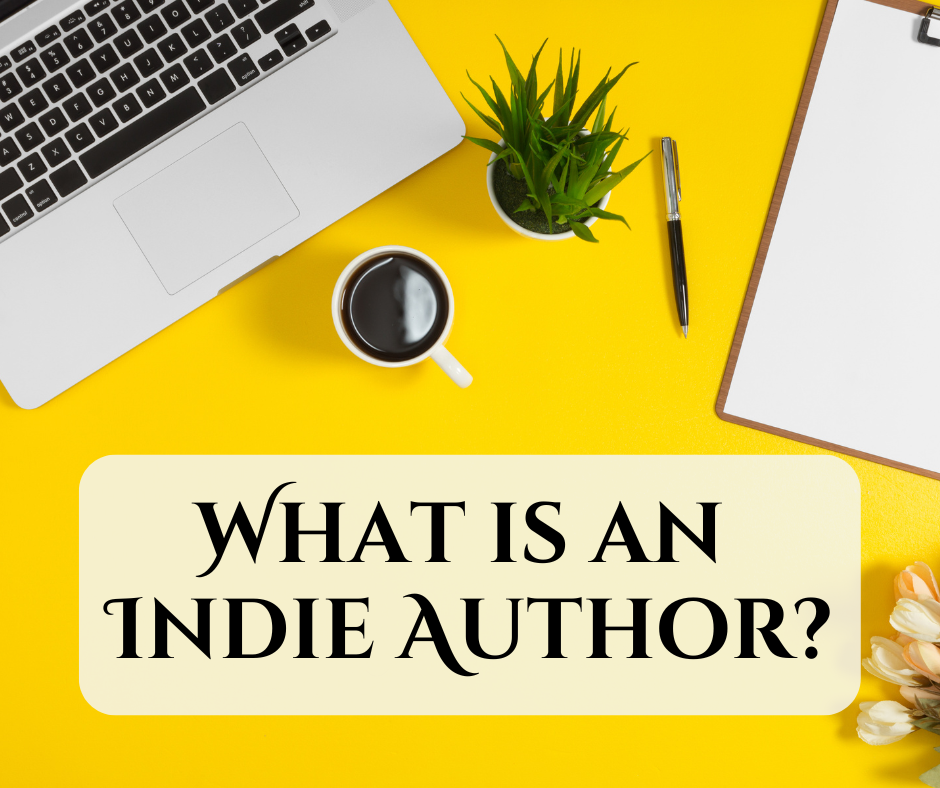Co-writing is like a devoted, committed relationship. You will be exposed to both of that person’s most excellent and worst qualities because you will have worked closely with them nearly daily.
It requires you to ensure your goals and the individual you’re working with are compatible.One of the greatest dangers of co-writing is discovering that each had a unique idea for the book. A slight deviation from the initial idea can have unintended consequences.
It would help if you were convinced of your lofty conclusions before starting the book. Either you decide on them together or on them on your own and then ask someone else to help.
The pros of writing with a co-author
different advantages and disadvantages
Since no two writers are alike, a co-author can aid in the development of a stronger narrative. Maybe you’re good at character development in the finer points, while your partner is fantastic at dialogue. Or perhaps your co-author keeps the flow going while your writing occasionally exhibits the symptoms of sagging middle syndrome. Additional proofreading eyes will help weed out more grammatical and typographical errors.
Reduces time
Let’s face it, having a co-author reduces your word count by 50%. An author’s work doesn’t end after a book is released. They can help sell and promote your published work if you have a co-author.
Greater connections
Cross-promotion is one of the most effective marketing strategies for writers. Your work may have twice as many readers because your co-author is very different from yours. Thanks to your collaborator’s connections in the publishing industry, you may be able to reach more people through new bloggers, reading events, or conferences.
Emotional support
It takes a lot of time and effort to write a book. You might consider giving up after the 100th rewrite. You can lament with a co-author over the several hours spent writing and revising your book, and they can urge you to keep going. Writers require one another.
Various backgrounds
Several backdrops enable you to depict more significant variations in your settings and people. You might want to create a character who works as a hairdresser or an optician or whose gender identification or background differs from yours. Your writing partner could give you ideas and experiences that will help you make your character more real.
If you’re writing in a genre, you’ve never written in before. Your writing partner might have more expertise than you do and be able to give you advice on word count and plot. And you’ll have a higher chance of remaining on track if you’re disorganized and your co-author is strict about sticking to a schedule.
The cons of writing with a co-author
Several ideas for the book
You and your co-author may have completely different ideas about the book’s direction. Even if you both start with the same goal, you can find that once you start rewriting, your views diverge. Or perhaps you disagree with advice from a writing partner or agent. Since the creative process is so individualized, you can discover that you and your spouse have different meanings for it. Conflict resolution isn’t always simple or convenient.
Disagreements over the writing process
You and your co-author can agree on the end goal of your work but disagree on the approach. What if, for instance, you’re a pantser and your writing partner is a plotter? Cowriting requires compromise, but neither you nor your co-author should be forced to change the way you write in a big way.
Budgetary difficulties
The subject of money can be challenging. How will you and your co-author handle any costs that arise before publication, such as purchasing research materials or obtaining permission? Additionally, you cannot assume that after a publisher makes an offer for your work, the advance and royalties will be distributed equally. These specifics will need to be discussed and decided upon by you and your co-author; you may disagree on who deserves what.
Inconsistencies in style
While having different talents from your co-writer can be beneficial, you don’t want your overall voices and writing styles to be too dissimilar. Readers might pick up on discrepancies if the many components don’t come together to form a seamless whole.
Writing with a co-author is simple but not easy. You can decide who to work with, when, where, and what to do, but the process of working together is difficult because of different factors that may affect your partnership.
Even with the advantages and disadvantages of writing a book with a co-author, it is still your decision whether or not you want to work with a co-author.


